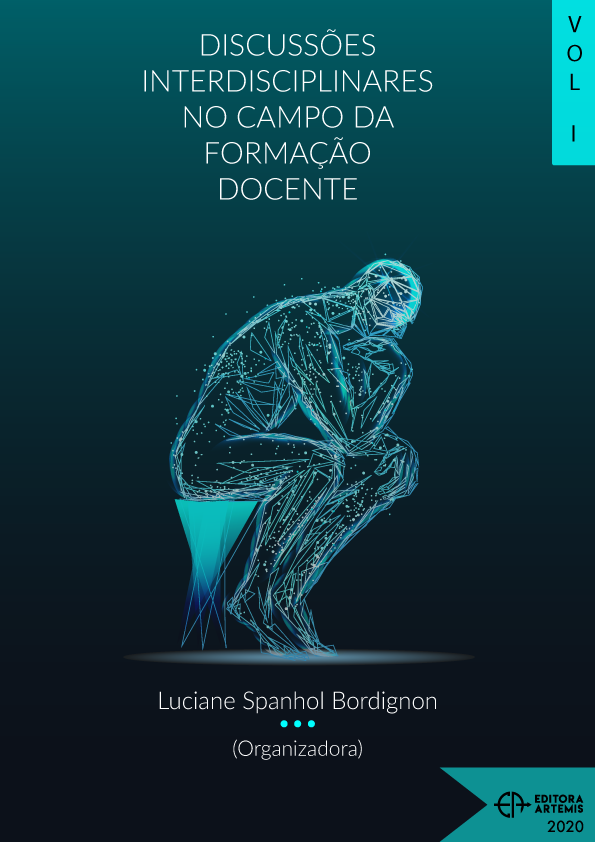
APARTHEID SOCIAL: MEMÓRIA E DOCÊNCIA EM HISTÓRIA
Declara-se segregação e injúria racial quando resolve-se disparar gatilhos sociais de opressão a estética e comportamento de sujeitos, processo arbitrário vivenciado constantemente pelos jovens negros residentes do estado da Bahia. Toda essa circunstância negativa provoca a negação identitária do mesmo em processo de formação educacional e o adoecimento precoce; Ambos tendo como agente propulsor ( facilitador ) a memória subterrânea, uma das tipologias da memória associada ao trabalho do historiador em averiguar narrativas de fenômenos históricos que está relacionada a traumas, situações vexatórias , neste caso o racismo. Tipologia esta que apresenta em suas narrativas esvaziamentos, pois resolve-se dá ênfase a certos episódios, há silenciamento e esquecimentos de fatos. Para embasar esta apresenta-se os seguintes autores Maurice Halbawcks(1993), Michael Pollack(1989), Frantz Fanon(2008) e Pierre Nora(1993). Torna-se evidente e afirmativa a presença constante da memória subterrânea em jovens negros, esta que permite em seu resultado diante das relações sociais, encrustar-se ante do próximo e assim negar o panorama de reversão e enfrentamento; coexiste outra perspectiva , esta que diz respeito ao cenário de usar estes episódios para fortalecer esta comunidade especifica, de apresentar estas narrativas com intuito de compor um constructo de sujeitos negros a partir da concepção do empoderamento.
APARTHEID SOCIAL: MEMÓRIA E DOCÊNCIA EM HISTÓRIA
-
DOI: 10.37572/EdArt_0331106207
-
Palavras-chave: Ensino, memória, apartheid social.
-
Keywords: Teaching, memory, social apartheid.
-
Abstract:
Racial segregation and injury is declared when it is decided to fire social triggers of oppression of the aesthetics and behavior of subjects, an arbitrary process constantly experienced by young blacks living in the state of Bahia. All this negative circumstance causes the identity to be denied in the process of educational formation and early illness; Both having as a propelling agent (facilitator) underground memory, one of the typologies of memory associated with the historian's work in investigating narratives of historical phenomena that is related to traumas, vexing situations, in this case, racism. This typology presents emptyings in its narratives, as it resolves, it emphasizes certain episodes, there is silence and forgetfulness of facts. To support this, the following authors are presented: Maurice Halbawcks (1993), Michael Pollack (1989), Frantz Fanon (2008) and Pierre Nora (1993). It becomes evident and affirmative the constant presence of underground memory in young blacks, which allows, in its result in the face of social relations, to become encrusted before others and thus to deny the panorama of reversion and confrontation; another perspective coexists, this which concerns the scenario of using these episodes to strengthen this specific community, of presenting these narratives in order to compose a construct of black subjects from the conception of empowerment.
-
Número de páginas: 5
- Natalia Nolasco Neri da Silva

